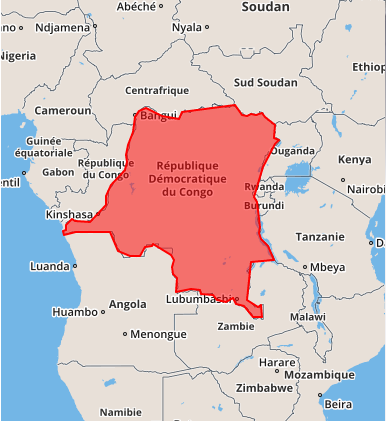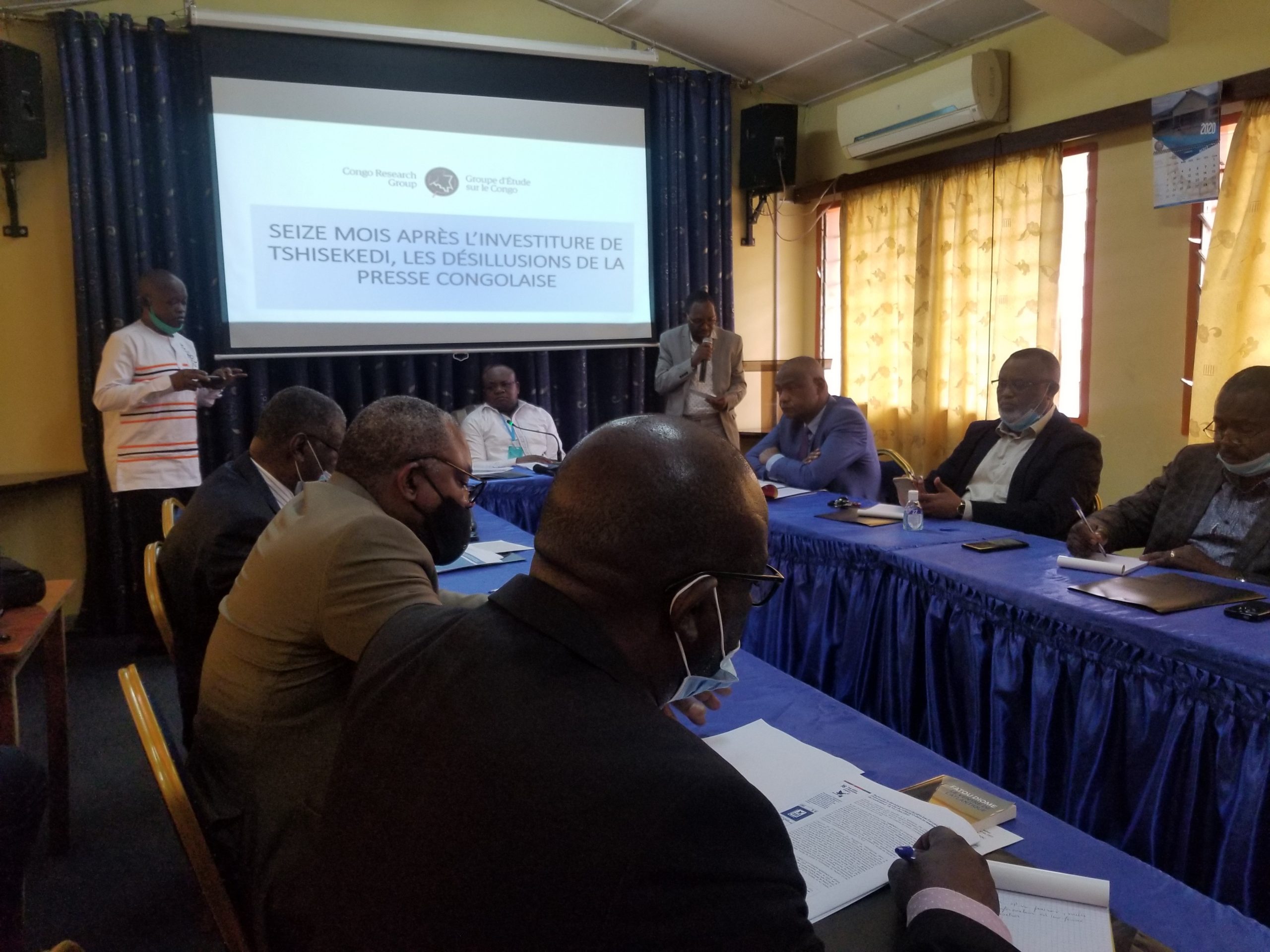[et_pb_section fb_built= »1″ admin_label= »section » _builder_version= »4.4.8″ _dynamic_attributes= »link_option_url » link_option_url= »@ET-DC@eyJkeW5hbWljIjp0cnVlLCJjb250ZW50IjoicG9zdF9saW5rX3VybF9hdHRhY2htZW50Iiwic2V0dGluZ3MiOnsicG9zdF9pZCI6IjE2NDQifX0=@ »][et_pb_row admin_label= »row » _builder_version= »3.25″ background_size= »initial » background_position= »top_left » background_repeat= »repeat »][et_pb_column type= »4_4″ _builder_version= »3.25″ custom_padding= »||| » custom_padding__hover= »||| »][et_pb_text admin_label= »Text » _builder_version= »4.4.8″ _dynamic_attributes= »link_option_url » background_size= »initial » background_position= »top_left » background_repeat= »repeat » link_option_url= »@ET-DC@eyJkeW5hbWljIjp0cnVlLCJjb250ZW50IjoicG9zdF9saW5rX3VybF9hdHRhY2htZW50Iiwic2V0dGluZ3MiOnsicG9zdF9pZCI6IjE2MDMifX0=@ » hover_enabled= »0″] Arrestations, agressions, menaces, médias suspendus, pillés ou saccagés… [/et_pb_text][/et_pb_column][/et_pb_row][/et_pb_section]
Auteur/autrice : Journaliste en Danger JED
Rapport annuel 2019
[et_pb_section fb_built= »1″ admin_label= »section » _builder_version= »3.22″][et_pb_row admin_label= »row » _builder_version= »3.25″ background_size= »initial » background_position= »top_left » background_repeat= »repeat »][et_pb_column type= »4_4″ _builder_version= »3.25″ custom_padding= »||| » custom_padding__hover= »||| »][et_pb_text admin_label= »Text » _builder_version= »4.4.8″ _dynamic_attributes= »link_option_url » background_size= »initial » background_position= »top_left » background_repeat= »repeat » link_option_url= »@ET-DC@eyJkeW5hbWljIjp0cnVlLCJjb250ZW50IjoicG9zdF9saW5rX3VybF9hdHRhY2htZW50Iiwic2V0dGluZ3MiOnsicG9zdF9pZCI6IjE2MDMifX0=@ »]Télécharger le rapport en cliquant ici…[/et_pb_text][/et_pb_column][/et_pb_row][/et_pb_section]
Les oubliés de la « grande guerre » en RDC
[et_pb_section fb_built= »1″ admin_label= »section » _builder_version= »4.4.8″ _dynamic_attributes= »link_option_url » link_option_url= »@ET-DC@eyJkeW5hbWljIjp0cnVlLCJjb250ZW50IjoicG9zdF9saW5rX3VybF9hdHRhY2htZW50Iiwic2V0dGluZ3MiOnsicG9zdF9pZCI6IjE2NDQifX0=@ »][et_pb_row admin_label= »row » _builder_version= »3.25″ background_size= »initial » background_position= »top_left » background_repeat= »repeat »][et_pb_column type= »4_4″ _builder_version= »3.25″ custom_padding= »||| » custom_padding__hover= »||| »][et_pb_text admin_label= »Text » _builder_version= »4.4.8″ _dynamic_attributes= »link_option_url » background_size= »initial » background_position= »top_left » background_repeat= »repeat » link_option_url= »@ET-DC@eyJkeW5hbWljIjp0cnVlLCJjb250ZW50IjoicG9zdF9saW5rX3VybF9hdHRhY2htZW50Iiwic2V0dGluZ3MiOnsicG9zdF9pZCI6IjI0OTkifX0=@ »] Télécharger l’article en cliquant ici… [/et_pb_text][/et_pb_column][/et_pb_row][/et_pb_section]
ATELIER D’EXPERTS MÉDIAS
[et_pb_section fb_built= »1″ admin_label= »section » _builder_version= »4.4.8″ _dynamic_attributes= »link_option_url » link_option_url= »@ET-DC@eyJkeW5hbWljIjp0cnVlLCJjb250ZW50IjoicG9zdF9saW5rX3VybF9hdHRhY2htZW50Iiwic2V0dGluZ3MiOnsicG9zdF9pZCI6IjE2NDQifX0=@ »][et_pb_row admin_label= »row » _builder_version= »3.25″ background_size= »initial » background_position= »top_left » background_repeat= »repeat »][et_pb_column type= »4_4″ _builder_version= »3.25″ custom_padding= »||| » custom_padding__hover= »||| »][et_pb_text admin_label= »Text » _builder_version= »4.4.8″ _dynamic_attributes= »link_option_url » background_size= »initial » background_position= »top_left » background_repeat= »repeat » link_option_url= »@ET-DC@eyJkeW5hbWljIjp0cnVlLCJjb250ZW50IjoicG9zdF9saW5rX3VybF9hdHRhY2htZW50Iiwic2V0dGluZ3MiOnsicG9zdF9pZCI6IjE2MDMifX0=@ » hover_enabled= »0″] Atelier d’Experts médias sur l’évaluation de l’environnement global de travail des journalistes Déclaration de presse Kinshasa, CEPAS, mardi 08 septembre 2020 Mesdames et Messieurs de la presse, Distingués invités, A l’initiative de l’organisation, Journaliste en danger (JED), et avec l’appui de Internews, dans le cadre de son programme dénommé « Medias Sector Developpement Activity », (MSDA, en sigle), il s’est tenue, ce mardi 08 septembre, ici au CEPAS, une…
RDC: tensions entre la radio-télévision nationale et la primature
[et_pb_section fb_built= »1″ admin_label= »section » _builder_version= »4.4.8″ _dynamic_attributes= »link_option_url » link_option_url= »@ET-DC@eyJkeW5hbWljIjp0cnVlLCJjb250ZW50IjoicG9zdF9saW5rX3VybF9hdHRhY2htZW50Iiwic2V0dGluZ3MiOnsicG9zdF9pZCI6IjE2NDQifX0=@ »][et_pb_row admin_label= »row » _builder_version= »3.25″ background_size= »initial » background_position= »top_left » background_repeat= »repeat »][et_pb_column type= »4_4″ _builder_version= »3.25″ custom_padding= »||| » custom_padding__hover= »||| »][et_pb_text admin_label= »Text » _builder_version= »4.4.8″ background_size= »initial » background_position= »top_left » background_repeat= »repeat » link_option_url= »https://www.rfi.fr/fr/afrique/20200729-rdc-tensions-rntc-radio-t%C3%A9l%C3%A9vision-nationale-primature » hover_enabled= »0″] La coalition de l’ex-président, le FCC, accuse la RTNC d’avoir censuré deux déclarations du Premier ministre, Sylvestre Ilunga Ilunkamba. La première a eu lieu fin juin, lors du désaccord du chef du gouvernement sur l’interpellation du ministre de la Justice. La seconde intervention qui aurait été censuré portait sur les ordonnances du président Tshisekedi pour les nominations au sein de l’armée et de l’appareil judiciaire. Le patron de…




